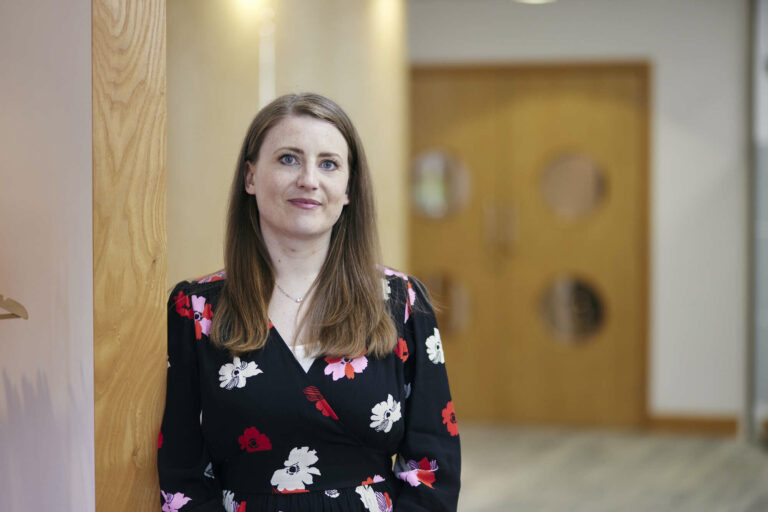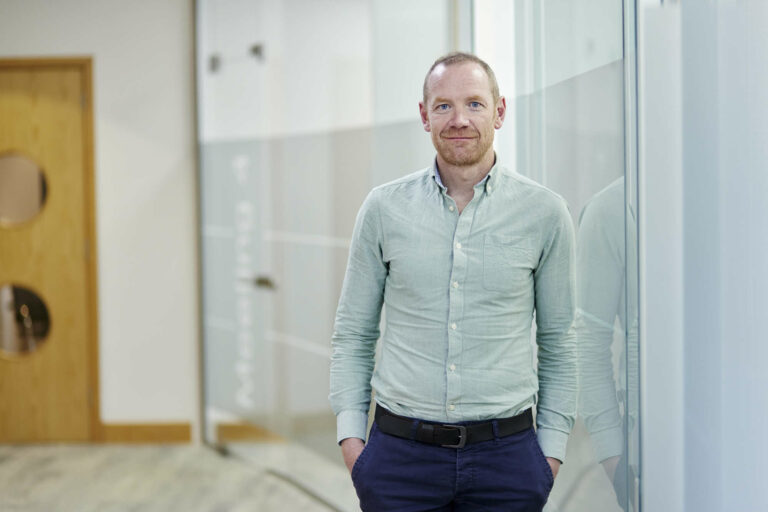A diagnosis of cancer can be devastating. Not only are you going through treatment which may include surgery, chemotherapy and radiation, but you will also experience changes to your body and mind that cannot be seen with the naked eye.
These ‘non-visible’ changes are often overlooked. We have put together a list of support groups, charities and information to support you with:
- Mental health
- Infertility or early menopause
- Reduced sex drive or difficulties having sex
- Fatigue and weakness
- Changes to your bladder and bowels
- Altered sensations, for example numbness in parts of your body
Mental health
You may struggle with your mental health at any time during your cancer experience, such as at diagnosis, during treatment or once treatment has finished. Some common feelings you might experience include:
- Anger
- Shock
- Guilt
- Loss or lack of identity and direction in life
- Isolation
- Sadness
If you have a pre-existing mental health problem a cancer diagnosis might worsen this. You may find your mental health impacts your treatment and recovery.
Although it’s not easy for everyone with a mental health problem to get the treatment and help they need, support is available. Talk to your cancer team and they might be able to offer mental health support through cancer services. Below is a list of charities where support can be found:
- Cancer Research UK provide a ‘Quick Guide’ on mental health when you are diagnosed with cancer. Mental health when you are diagnosed with cancer (Quick Guide) | Coping with cancer | Cancer Research UK
- MacMillan Cancer Support Centre – Macmillan Cancer Centres | Macmillan Cancer Support
- Maggie’s cancer support – Our centres | Maggie’s (maggies.org)
- Look Good Feel Better – wellbeing workshops and classes for people living with cancer. A leading cancer support charity – Look Good Feel Better : Look Good Feel Better
- Cancer Support Scotland – Home – Cancer Support Scotland
- Tenovus Cancer Care (Wales) – Tenovus Cancer Care – supporting cancer patients and their loved ones
- Action Cancer (Northern Ireland) – Home – Action Cancer
Cancer treatment and fertility
Early menopause can be a shock and can cause difficult symptoms. A sudden menopause due to treatment can cause more severe symptoms than a natural menopause. Cancer treatment can reduce the number of eggs in your ovaries so that you have an early menopause. After treatment, you can be referred for fertility testing sooner because of the increased risk of early menopause.
Infertility can be extremely distressing if you were planning to have a family. It can be hard being around friends or family who have babies and families. You may need to think of alternative ways to create your family, such as through sperm donation, eggs or embryos, surrogacy or adoption. Organisations that can provide emotional support include:
- The British Infertility Counselling Association – BICA: Professional Infertility Counselling Association in the UK. This charity provides specialist infertility counselling.
- Fertility Network UK – Fertility Network (fertilitynetworkuk.org). They provide guidance about fertility including treatment options and offer a range of support including fertility groups, a support line and an online community. They provide tips on coping strategies, information for partners and friends and support and guidance around life without children.
Macmillan booklets and audiobooks – cancer and your sex life
It can be difficult to start a conversation about sex with someone from your healthcare team. Some may find it embarrassing or uncomfortable. However, it is important to get the right information when you need it. Macmillan has a booklet and audiobook designed to provide information regardless of your sexual orientation or gender. This explains how your sex life may be affected by cancer and its treatment and how to get support and treatment that can help.
Cancer and your sex life – booklet | Macmillan Cancer Support
Cancer and your sex life audiobook | Macmillan Cancer Support
Fatigue
Fatigue is very common in people with cancer and can be extremely disruptive to your life. It may feel like a constant reminder of your cancer which can be hard to accept. Cancer related fatigue doesn’t usually go away with sleep or rest and can be severe and long lasting. Most people start to feel better after treatment finishes, but it can take a long time to get back to feeling yourself. Treating the causes of cancer related fatigue can include things such as:
- Treating anaemia
- Exercising
- Resting and sleeping
- Improving your diet
- Drug treatment
- Keeping a fatigue diary
- Acupuncture
Macmillan has a booklet and audiobook designed to provide information on coping with fatigue from cancer.
Fatigue booklet | Macmillan Cancer Support
Coping with fatigue audiobook | Macmillan Cancer Support
The NHS provides detail about an App called ‘Untire – Beating cancer fatigue’ which is designed to help alleviate cancer fatigue. It has handy tips and advice and online support. It records your energy levels and you can see your progress. Patients – Untire
Bladder and bowels
Some cancer treatment can cause side effects to your bladder and bowels. These are common after radiotherapy to your pelvis or after treatment for bowel cancer.
If you have issues with your bladder, you may have been referred to a continence service. You may be given exercises to manage incontinence such as bladder training, physical therapy, medication, medical devices, catheters and oestrogen cream.
If you need a urinary diversion, the Urostomy Association provides peer-to-peer support and information, support and advice for families and carers. The charity will link you up with a community who can reassure you and help you make decisions and choices before, during and after surgery. The Urostomy Association – Support & Information for patients and carers
The most common bowel problems are diarrhoea and constipation; however, you may also experience problems with bowel blockages or passing wind.
The Bladder and Bowel community supports people living with bladder and bowel disorders. Whilst not specifically for those experiencing issues after cancer, they provide support, information and guidance to support those with bladder or bowel conditions to live a full and happy life. On their website you can order a free ‘Just Can’t Wait’ card which allows holders to access toilets on shops when out and about. Supporting Your Bladder & Bowel Health | Bladder & Bowel Community (bladderandbowel.org)
If you are living with a stoma, Colostomy UK provide support for people with a coloscopy. They have a helpline and various leaflets and information guides. Colostomy UK – A UK charity supporting people with a stoma
Altered sensation
Peripheral neuropathy (damage to the nerves connecting the brain, spinal cord and the rest of the body) can be caused by cancer or its treatment. Peripheral neuropathy usually affects the hands, feet and lower legs. No treatment will prevent or reverse nerve damage caused by anti-cancer drugs. The most effective treatment is to prevent further damage and symptom control. For most people, these will slowly improve as the treatment finishes.
If you suffer with neuropathic pain, you may find these useful:
- Medication to change nerve impulses and relieve nerve pain
- TENS machine
- Pain teams – you can seek a referral from your GP or treating clinician
- Psychological support
- Acupuncture
- Physiotherapy
- Occupational therapy
If your symptoms have been ongoing for more than 6 months and cause you problems with mobility or daily activities, you may be entitled to Personal Independence Payment (PIP) if aged under 65, or Attendance Allowance if you are over 65. You can find more information on these benefits on the Government website – Personal Independence Payment (PIP): What PIP is for – GOV.UK (www.gov.uk) Attendance Allowance: Overview – GOV.UK (www.gov.uk)
How can we help?
Enable Law specialises in medical negligence, and we are here to advise and help you if you have concerns about the treatment of your cancer care. Should you have any concerns regarding your medical care and for a free and confidential discussion, contact us on 0800 044 8488 or fill in our contact form below and will call you back.










